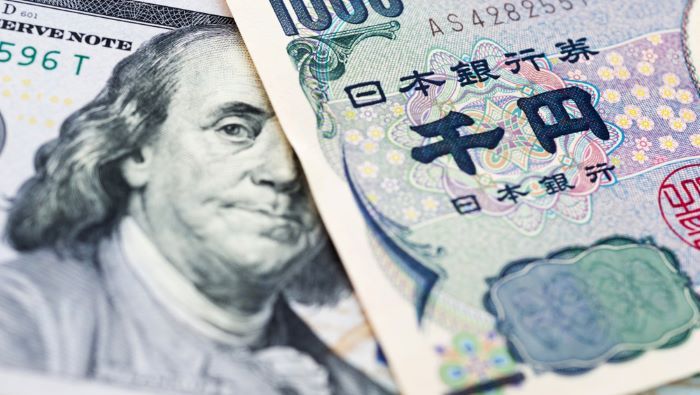FXOpen

The Bank of Japan has not raised interest rates for 17 years. For 8 years, it was in the negative zone.
But today there was a dramatic shift in monetary policy — the Bank of Japan announced a decision to increase the interest rate from -0.1% to 0.1%.
The central bank also abandoned yield curve control (YCC), a policy that had been in place since 2016 and capped long-term interest rates near zero.
Considering the scale of the decisions taken, the reaction of the yen exchange rate relative to other currencies turned out to be moderate. This is because the plans of the Bank of Japan have been discussed for a long time, including in official sources of information. Therefore, it is acceptable to assume that participants in the currency markets have already laid down the probability of today's event.
In fact, the yen has weakened as a result, but this may only be an initial reaction in which markets are reassessing the impact of the Bank of Japan's decision over a range of short-term to long-term horizons.

The USD/JPY chart today shows that:
→ the yen exceeded the psychological level of 150 yen per US dollar;
→ the rate continues to develop in an ascending channel (marked in blue). At the same time, its median line was tested, which can serve as resistance from the point of view of technical analysis of USD/JPY.
Let us mark on the chart the top of the year around the level of 150.888.
It is possible that the emerging prospect of a tighter monetary policy, as well as the indicated resistance lines, will lead to the bears becoming more active and trying to lower the USD/JPY price to the lower border of the indicated channel. An important driver will also be news from the FOMC (scheduled for tomorrow, 21:00-21:30, GMT+3).
Trade over 50 forex markets 24 hours a day with FXOpen. Take advantage of low commissions, deep liquidity, and spreads from 0.0 pips. Open your FXOpen account now or learn more about trading forex with FXOpen.
This article represents the opinion of the Companies operating under the FXOpen brand only. It is not to be construed as an offer, solicitation, or recommendation with respect to products and services provided by the Companies operating under the FXOpen brand, nor is it to be considered financial advice.
Stay ahead of the market!
Subscribe now to our mailing list and receive the latest market news and insights delivered directly to your inbox.








